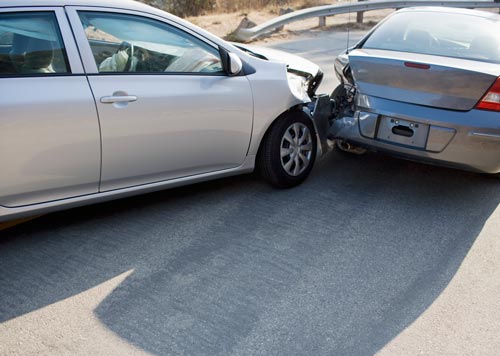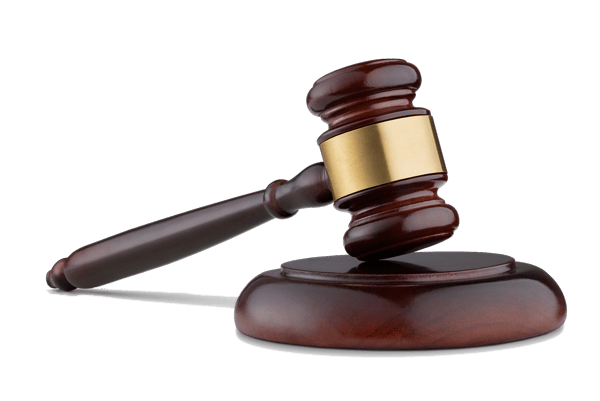3 Reasons You Can File for an Annulment in Georgia
- By Admin
- •
- 30 Jan, 2018
- •
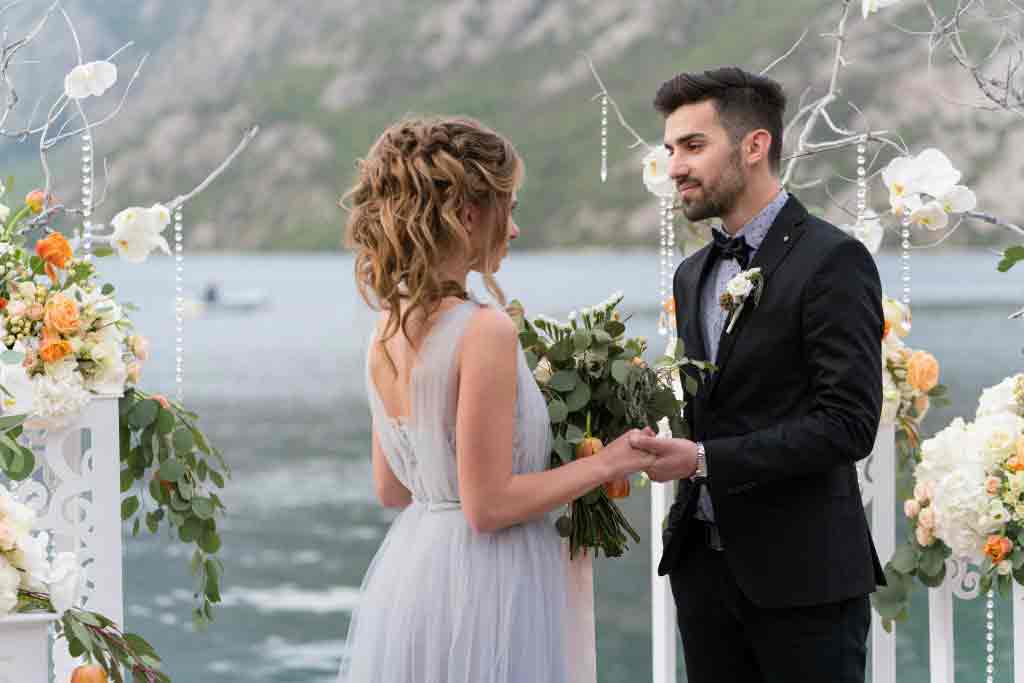
Unlike a divorce, which is a legal ending of a marriage, an annulment is a legal process that basically makes it so the marriage never really existed. While most married individuals understand divorce, many do not know a great deal about annulment, and annulment of marriage can be very different depending on the state where you live.
In the state of Georgia, for example, there are specific reasons a couple may qualify for a marriage annulment. An annulment is only an option in specific situations, so you may or may not be able to obtain a legal annulment. Here is a look at three of the reasons you may be able to file for an annulment in the state of Georgia.
1. You Discover You and Your Spouse Are Related
With society being more transient now and familial connections more complex, it is easy to believe you are not related to someone when you actually are. Finding out that you are related to your spouse after you are already married is grounds for you to file for an annulment because technically, the marriage was an illegal act in the first place.
In Georgia, cousins are allowed to marry, but other relationships are forbidden. For example, a woman could not marry her stepson, her nephew, her uncle, or her father. Regardless of the relationship, however, if you and your related spouse have conceived children, it can be difficult to obtain an annulment and you may have to seek a divorce instead.
In Georgia, cousins are allowed to marry, but other relationships are forbidden. For example, a woman could not marry her stepson, her nephew, her uncle, or her father. Regardless of the relationship, however, if you and your related spouse have conceived children, it can be difficult to obtain an annulment and you may have to seek a divorce instead.
2. You Were Under 16 When You Married
In Georgia, you have to be over 18 to consent to marriage. However, if you are under 18, you can still get married at age 16 with a parent signing their consent. These laws have not been in effect for a long time. Georgia implemented the law that no one could obtain a marriage license under the age of 16 in 2006.
If you and your spouse got married before the laws changed in Georgia in 2006, you may be able to file for an annulment. However, most of the time, underage marriages occur as a result of things like illegal minor representation by someone posing as a legal guardian or because age records were not properly verified when the license was obtained.
If you and your spouse got married before the laws changed in Georgia in 2006, you may be able to file for an annulment. However, most of the time, underage marriages occur as a result of things like illegal minor representation by someone posing as a legal guardian or because age records were not properly verified when the license was obtained.
3. You Were Not Mentally Competent to Marry
If your marriage occurred at a time when you were not mentally competent enough to fully understand the concept of the marriage, you may be able to file for and obtain an annulment because legally, you could not understand the marriage contract. Mental competency can come into question if:
For most married couples looking to get out of their legally binding matrimony, an annulment is a preference over divorce because it simplifies the legal process of separating the marriage like it never existed. If you believe you have grounds for an annulment, contact us at the law firm of Donaldson & Bell Attorneys at Law for professional advice and guidance.
- You married at a time when you were under care for a mental illness or severe mental impairment
- You married while you or your spouse was under the influence of drugs or alcohol and intoxicated
- You married someone who suffers from a mental illness that prevents them from understanding the marriage contract
- You married even though you or your spouse has an intellectual disability.
For most married couples looking to get out of their legally binding matrimony, an annulment is a preference over divorce because it simplifies the legal process of separating the marriage like it never existed. If you believe you have grounds for an annulment, contact us at the law firm of Donaldson & Bell Attorneys at Law for professional advice and guidance.
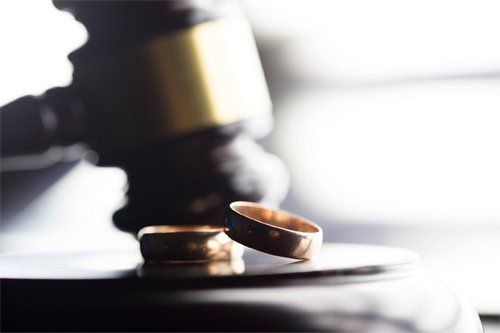
The decision to initiate a divorce is a hard one in many cases. Before you file, you need to create a plan to stay on top of the process. A divorce is a long process that is emotional and expensive, so be prepared for any problems that may arise. The following are some steps you can take as you prepare to initiate a divorce.
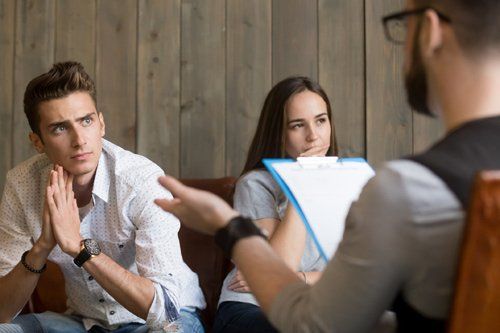
If you have reached a point in your marriage where you know that divorce is imminent, it is important that you retain as much control as you can throughout the process. Fortunately, there are ways you can do this and keep your case out of the court and keep the decisions out of the hands of a judge. To determine which type of alternative dispute resolution may be right for you, review the pros and cons of each.
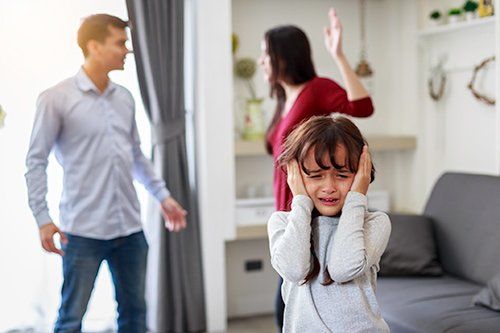
Maneuvering through a divorce is a murky process no matter how you slice it. And if you don’t get proper representation, the court process is also overwhelming and confusing.
Besides the credentials, experience, and compatibility, there are more areas to check before you sign a contract with a divorce lawyer. Consider the following questions to ask a divorce lawyer before you start working with them.
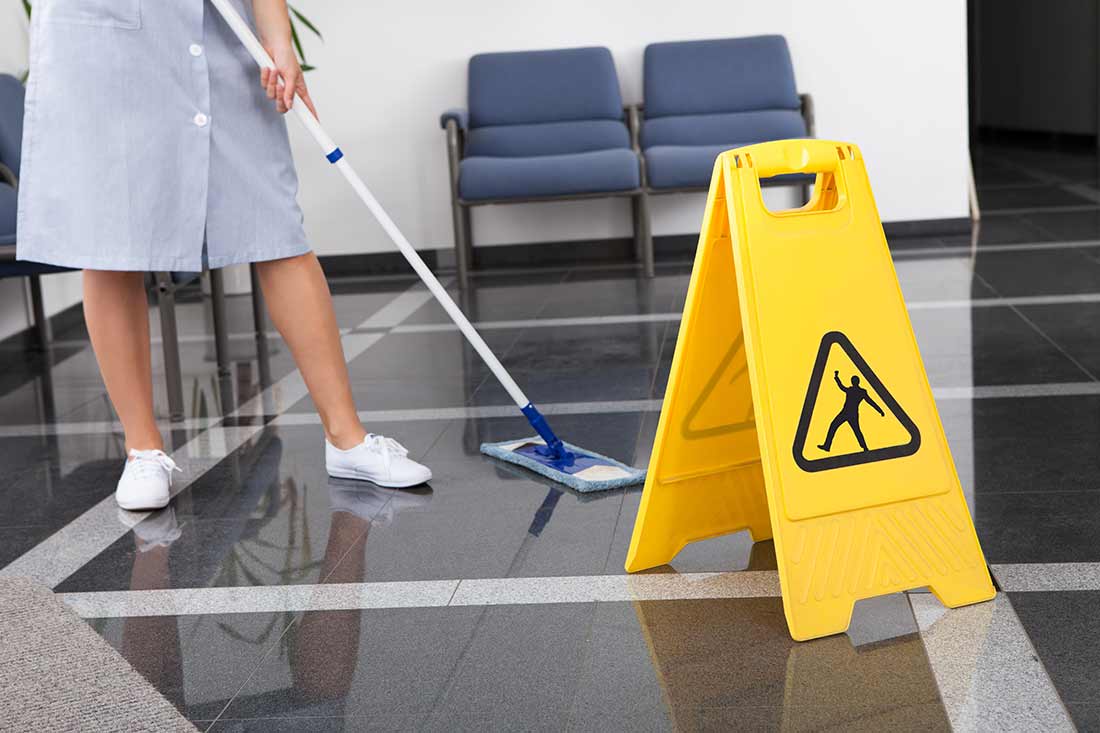
When you hear the words personal injury accident, your mind might jump automatically to car collisions and truck accidents. But slip and fall accidents are nearly as common as car accidents, and believe it or not, they can often result in similarly devastating injuries, especially if the fall causes a concussion or spinal injury.
Below, we'll help you get familiar with slip and fall accidents, including what injuries they cause and what to do if you experience a slip and fall personal injury.
1. Slip and Fall Injuries Can Be Severe
Slipping and falling might paint a comical, cartoonish image in your head, but a serious fall isn't a laughing matter. Some common slip and fall injuries include:
Slip and fall injuries can even result in fatalities, especially if you slip and fall on the job. The Bureau of Labor Statistics reports that 11 percent of worksite fatalities for men and 5 percent of worksite fatalities for women directly resulted from slips and falls.
2. Slip and Fall Injuries Can Happen Year-Round
Slip and fall injuries are most commonly associated with winter, and for good reason — property owners who fail to clear snow and ice away from their walkways or dry up water from heavy rainstorms create very dangerous hazards for all of their patrons. However, slips and falls can also be caused by things like spilled water in the kitchen or grocery store aisle, uneven sidewalks, or trip hazards like loose extension cords.
While it's important to be on your guard during the winter season and take safety precautions like wearing boots with dependable treads, remember that just because the sun is out doesn't mean you're entirely free of potential slip and fall threats.
3. Property Owners Aren't Always Liable for Slips and Falls
Like all other types of personal injury suits, slip and fall cases rest on the victim's ability to demonstrate that another person's negligent behavior caused their injury. In the case of a slip and fall, the victim would have to prove that another person — usually a property owner — was aware of a hazard and failed to take the necessary measures to protect visitors, customers, or houseguests from that hazard.
However, the property owner likely won't be held liable for your slip and fall injury if:
4. A Personal Injury Lawyer Can Help
If you were injured on another person's property when you slipped and fell, get in touch with a personal injury lawyer today. Your lawyer will assess your case and use evidence like medical records, accident reports, and eyewitness accounts to show that the negligent party is liable for your accident and should cover any medical expenses.
Are you in the Savannah area? Donaldson & Bell Attorneys at Law are here to support you after your slip and fall accident. Get in touch online to schedule your initial consultation today.
Below, we'll help you get familiar with slip and fall accidents, including what injuries they cause and what to do if you experience a slip and fall personal injury.
1. Slip and Fall Injuries Can Be Severe
Slipping and falling might paint a comical, cartoonish image in your head, but a serious fall isn't a laughing matter. Some common slip and fall injuries include:
- Head injuries, including concussions
- Spinal cord injuries, including broken backs
- Broken, sprained, or fractured bones
- Fractured hips
Slip and fall injuries can even result in fatalities, especially if you slip and fall on the job. The Bureau of Labor Statistics reports that 11 percent of worksite fatalities for men and 5 percent of worksite fatalities for women directly resulted from slips and falls.
2. Slip and Fall Injuries Can Happen Year-Round
Slip and fall injuries are most commonly associated with winter, and for good reason — property owners who fail to clear snow and ice away from their walkways or dry up water from heavy rainstorms create very dangerous hazards for all of their patrons. However, slips and falls can also be caused by things like spilled water in the kitchen or grocery store aisle, uneven sidewalks, or trip hazards like loose extension cords.
While it's important to be on your guard during the winter season and take safety precautions like wearing boots with dependable treads, remember that just because the sun is out doesn't mean you're entirely free of potential slip and fall threats.
3. Property Owners Aren't Always Liable for Slips and Falls
Like all other types of personal injury suits, slip and fall cases rest on the victim's ability to demonstrate that another person's negligent behavior caused their injury. In the case of a slip and fall, the victim would have to prove that another person — usually a property owner — was aware of a hazard and failed to take the necessary measures to protect visitors, customers, or houseguests from that hazard.
However, the property owner likely won't be held liable for your slip and fall injury if:
- You were trespassing at the time of the accident.
- You ignored slip and fall signage posted around the hazardous area.
- You were behaving dangerously when the accident occurred.
4. A Personal Injury Lawyer Can Help
If you were injured on another person's property when you slipped and fell, get in touch with a personal injury lawyer today. Your lawyer will assess your case and use evidence like medical records, accident reports, and eyewitness accounts to show that the negligent party is liable for your accident and should cover any medical expenses.
Are you in the Savannah area? Donaldson & Bell Attorneys at Law are here to support you after your slip and fall accident. Get in touch online to schedule your initial consultation today.
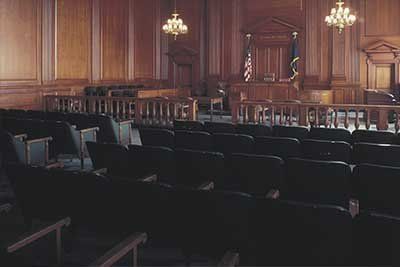
Most probationary periods require the individual to follow specific rules that were established because of the crime they were found guilty of committing. The individual must also avoid breaking any additional laws during this period of time. In some cases, there could be severe consequences for violating the conditions of probation even if they were unintentional.
Learn the common probation mistakes and how to avoid them.
Learn the common probation mistakes and how to avoid them.
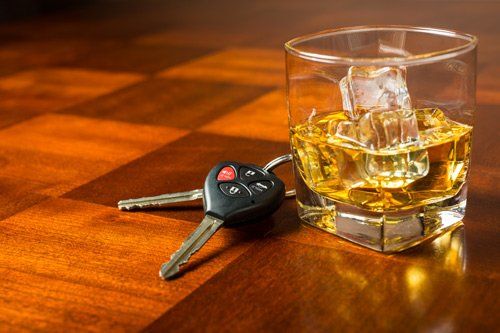
If you were injured in accident where the at-fault driver was intoxicated, you have every right to seek damages to cover your medical costs, lost income, and pain and suffering. However, while you can collect payment from the at-fault driver, there may be more people who are legally responsible for your injuries.
Many states, including Georgia, recognize that even though a drunk driver is mostly responsible for the accidents they cause, other parties directly contribute. Bars, clubs, restaurants and other vendors who serve alcohol can influence who they choose to serve and how much patrons drink. Social hosts for private parties can also sometimes be partially liable for accidents.
As such, there are a series of laws commonly referred to as "dram shop laws" or "social host liability laws" that help to define whether or not a business, vendor or host is liable for the injuries caused by a drunk driver. Here's what you need to know about how these laws can affect your personal injury case.
Many states, including Georgia, recognize that even though a drunk driver is mostly responsible for the accidents they cause, other parties directly contribute. Bars, clubs, restaurants and other vendors who serve alcohol can influence who they choose to serve and how much patrons drink. Social hosts for private parties can also sometimes be partially liable for accidents.
As such, there are a series of laws commonly referred to as "dram shop laws" or "social host liability laws" that help to define whether or not a business, vendor or host is liable for the injuries caused by a drunk driver. Here's what you need to know about how these laws can affect your personal injury case.
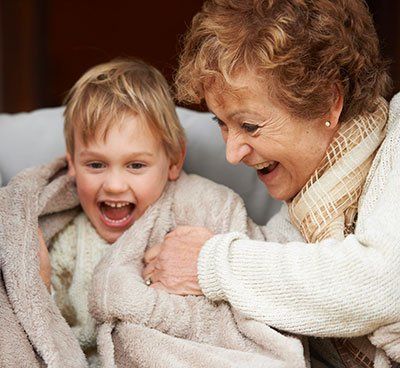
When a couple goes through a divorce, parental visiting rights are often a priority in divorce proceedings. In addition to the parents of the children, their grandparents also hold rights to seeing the children. The state of Georgia allows grandparents to establish a reasonable visitation plan after a divorce.
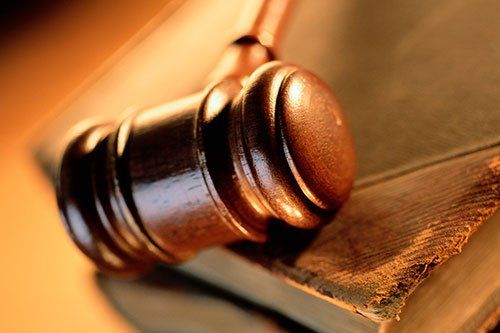
The end of a marriage is a trying time for both parties. When you’re at the start of a divorce, there is a lot that you need to consider. One of the major decisions that you’ll have to make is whether you need a divorce attorney. How do you know when you need one? Well, here are three reasons why you should seek legal assistance.


